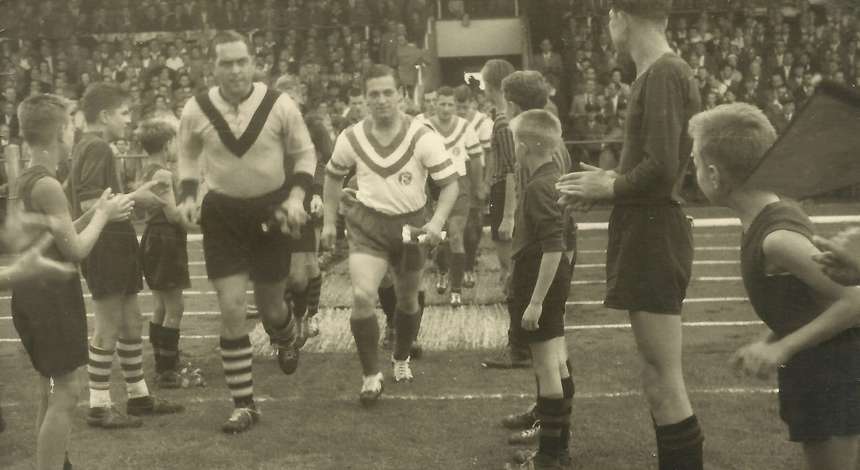
Laying the pitch, which involved planting ready-made turf from the Netherlands, saved nine months – time that would better have been spent installing a better drainage system as that failed in a friendly in November 1958. The pitch was in such a poor state that they had to return to the Stadtpark at the end of the 1958/59 season. But nobody predicted that in August 1958.
opening match against Düsseldorf
The stands fill up with spectators from four o'clock and they are entertained by a brass band from the Bayer AG factories. To make it easier to find seats, the individual blocks are painted in the colour of the match tickets and not ordered by letters and numbers. At ten to five, Dr Fritz Jacobi, the chairman of Bayer 04, gives a speech and then receives a key from the architect and construction manager Viktor Calles in a symbolic handover.
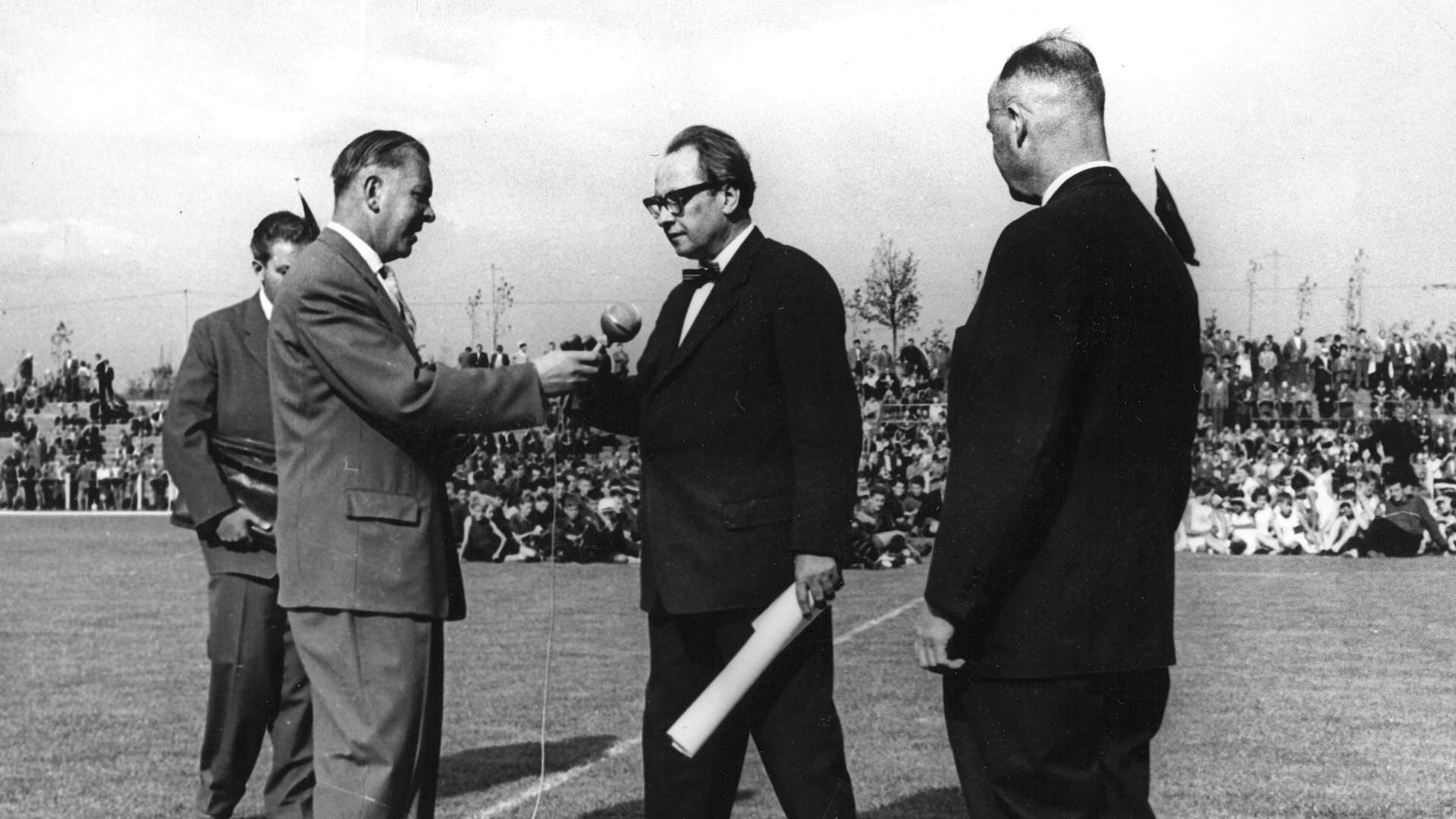

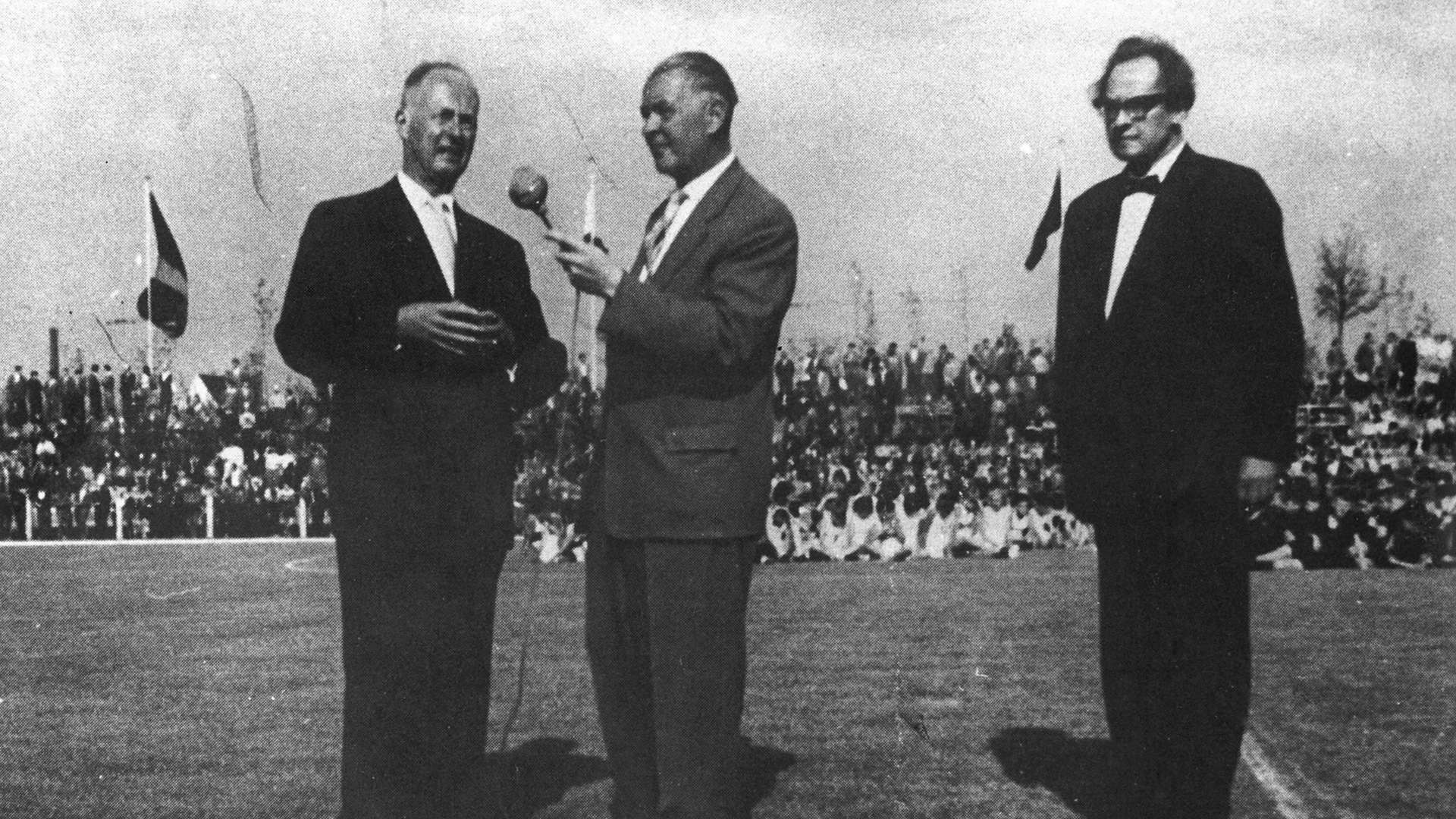
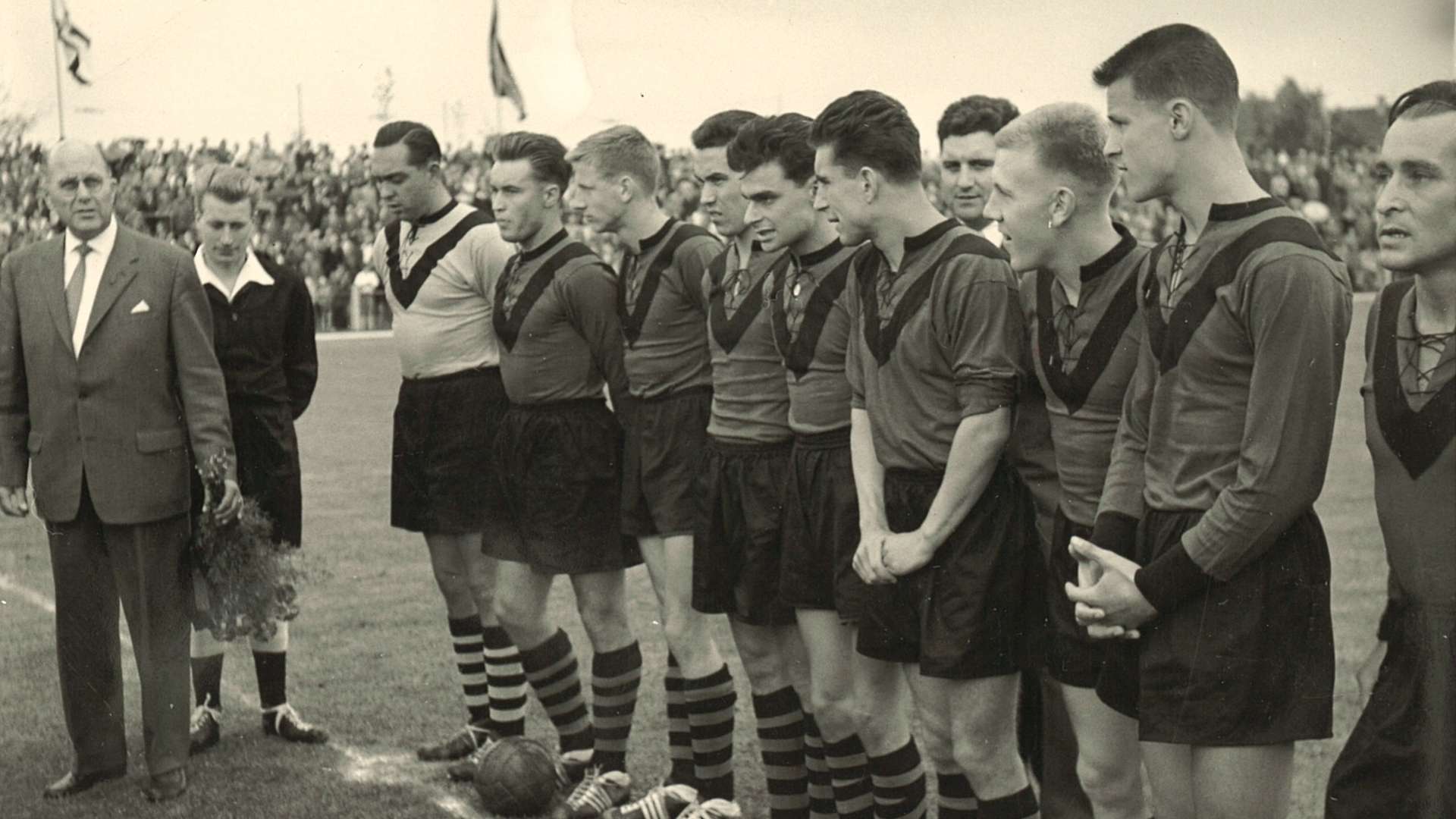
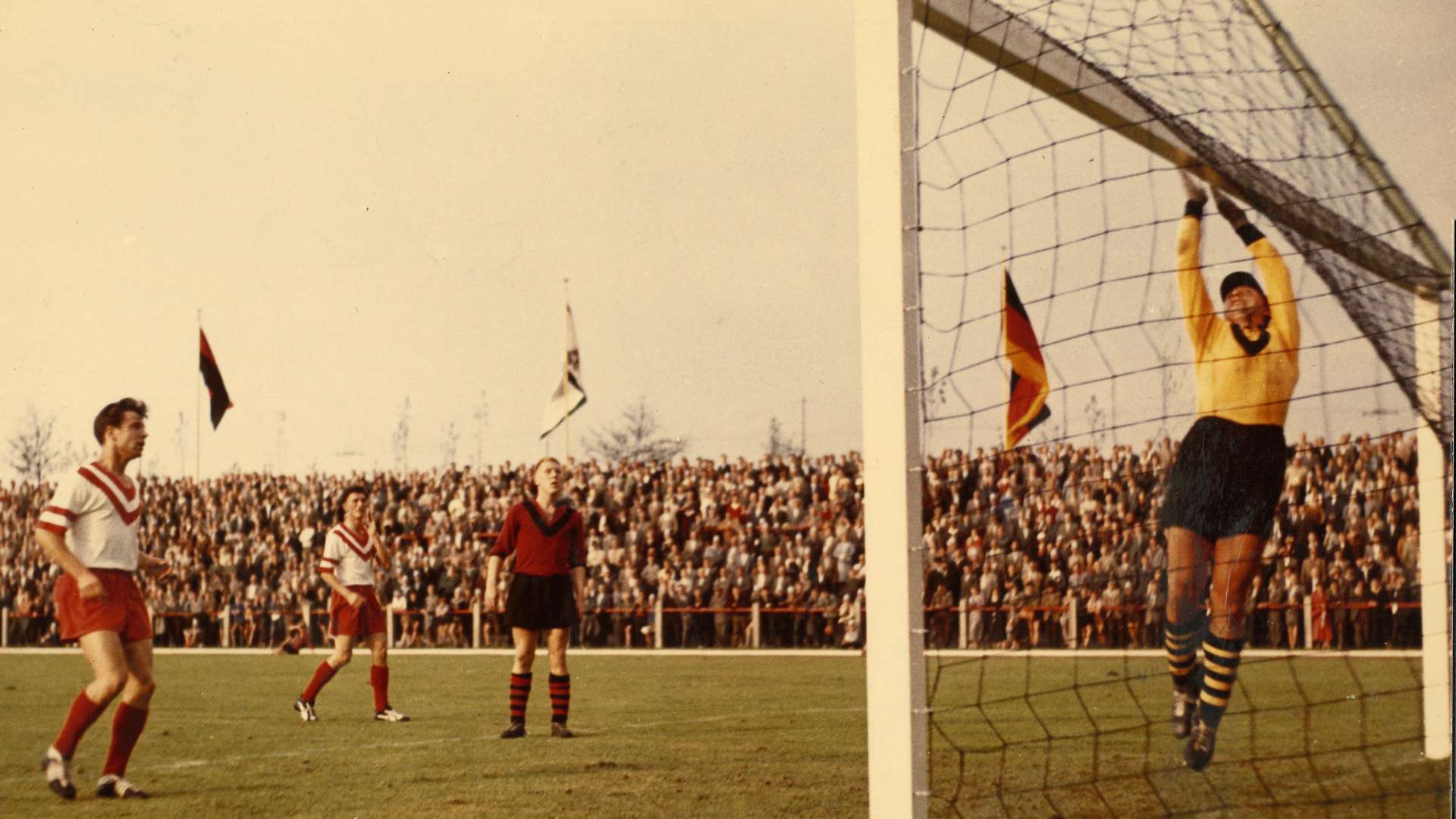
The main event of the inauguration is the friendly between Bayer 04 and Oberliga side Fortuna Düsseldorf. In front of 11,000 spectators, Fortuna win 3-0 with the Bayer team missing lots of chances. The first goalscorer at the new Ulrich Haberland Stadium is a certain Jupp Derwall who went on to be the Germany coach and manager at Galatasaray where he won the Turkish league in 1987. At the end of the day the newspapers were positive and highlighted the special atmosphere at the new Bayer ground.
Related News
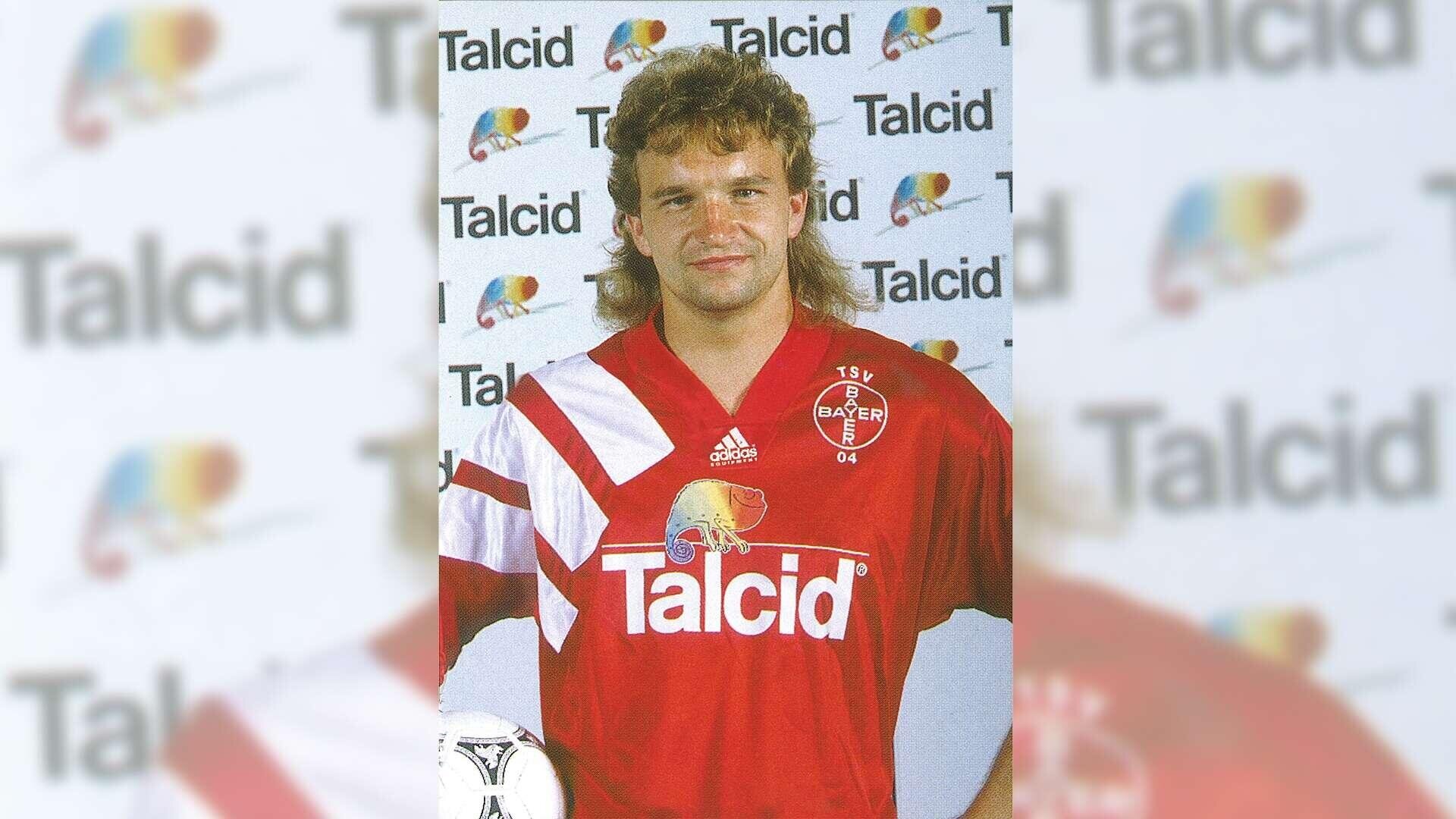
Birthday boy of the month: Heiko Scholz turns 60
Heiko Scholz was born on 7 January 1966 in Görlitz. His first club as a youth player was Dynamo Görlitz. From there, he moved up to the sports school in Dresden and played in the youth teams at SG Dynamo Dresden from 1978-1982. Not considered good enough, Scholle, as he was nicknamed, had to leave the sports school to play his last two youth years at ISG Hagenwerder. Via BSG Chemie Leipzig and 1.FC Lokomotive Leipzig, who Heiko won the DDR Pokal with in 1987 and he also reached the European Cup Winners' Cup final (a 1-0 defeat against Ajax), his path finally led him back to his favourite club, Dynamo Dresden. For one million Deutschmarks, the highest transfer fee ever paid for a player in the former GDR, he moved from Lok Leipzig to the capital of Saxony in 1990.
Show more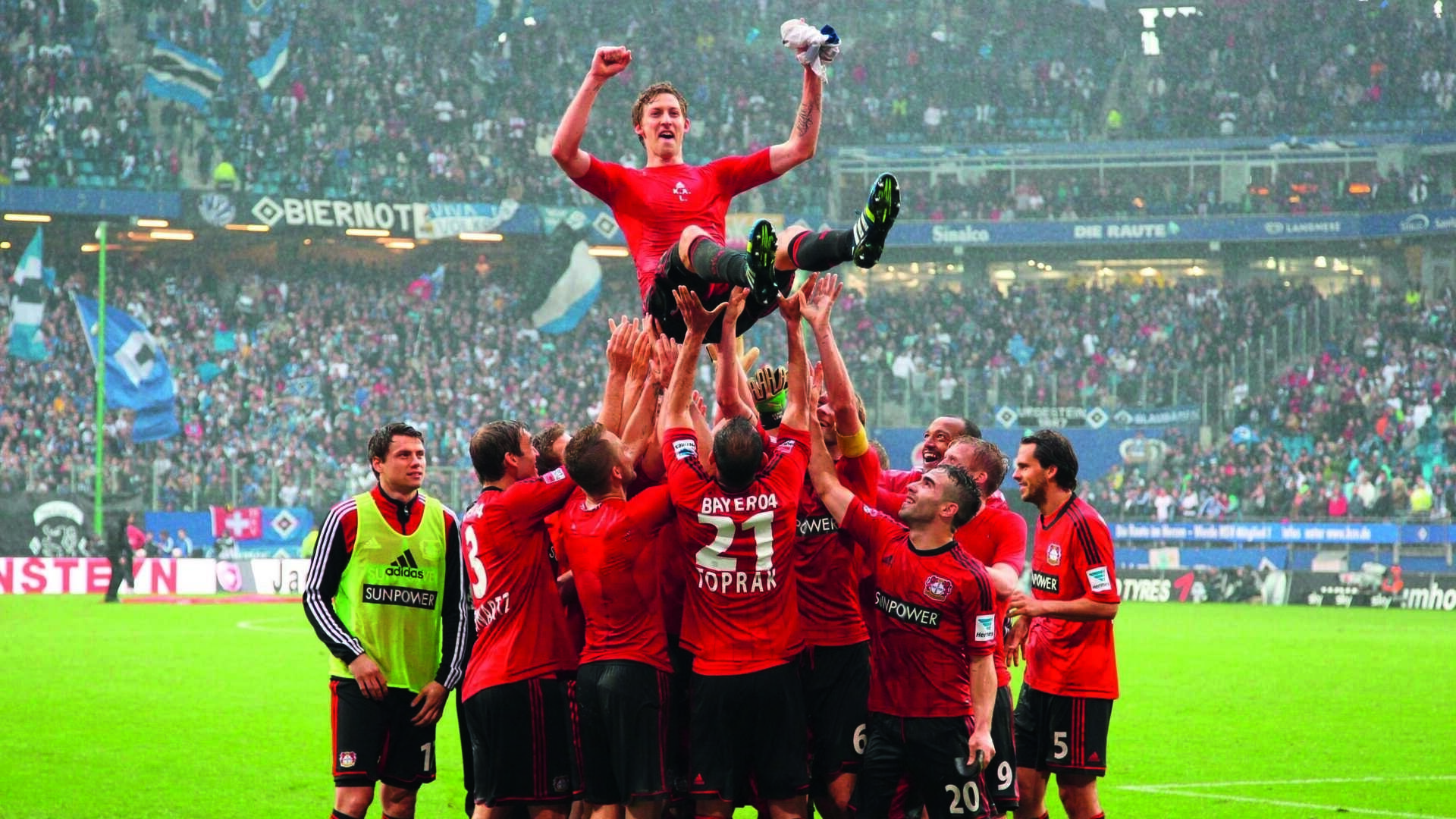
Legends: Stefan Kießling - goalscorer, team player and club idol
Stefan Kießling was born on 25 January 1984 in Lichtenfels, Franconia. Even as a young boy, he spent countless hours on the football pitches of his home town, chasing after the ball and dreaming of playing football. His parents supported him, but they bring him up in a down-to-earth manner - hard work, honesty and modesty are values that characterise him from an early age. His talent became apparent early on, but his ambition was even more striking. Kießling always wants to improve, wants to give more than others.
Show more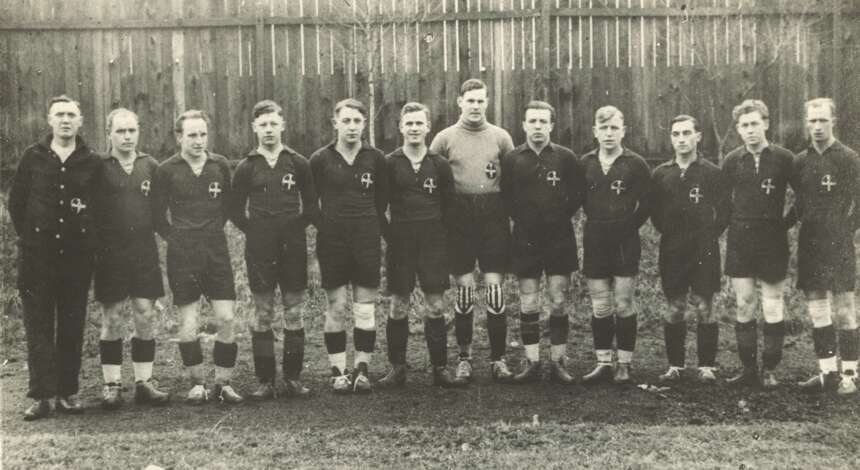
From the archives: 90 years ago - a big match in Leverkusen
On Sunday 26 January 1936, the local derby between relegation-threatened BV Wiesdorf and league leaders SSV ‘Bayer’ Leverkusen took place in the first district league of the Rhein-Wupper district. On the old BV Wiesdorf pitch, where the Leverkusen job centre is today, 1,800 spectators gather to watch the match.
Show more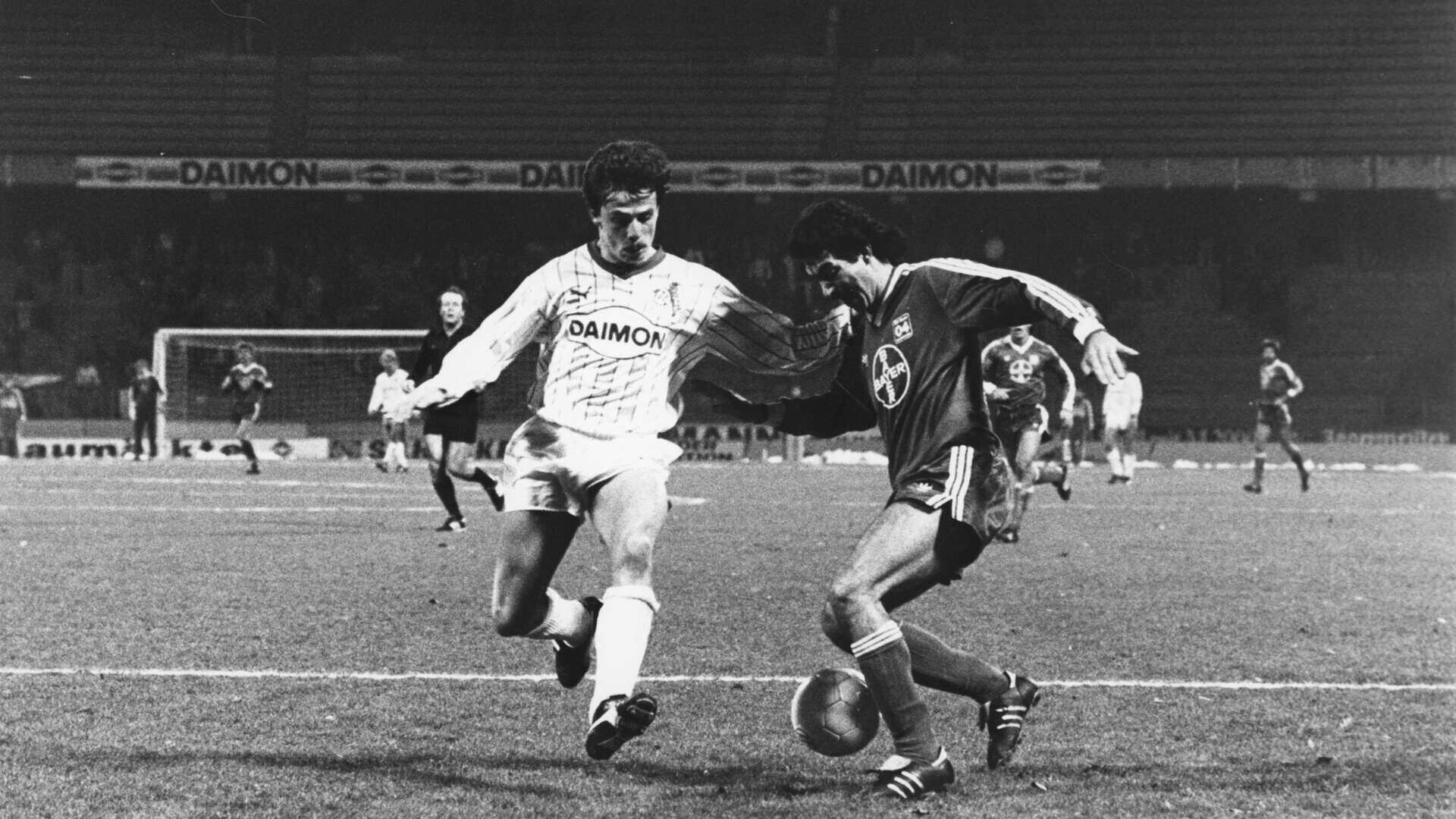
Match of the month: 40 years ago - First Bundesliga win in Müngersdorf
It is Friday, 31 January 1986, the derby in Cologne is coming up and we're full of confidence after the home win against Hamburg SV a week earlier, having turned a 2-0 deficit at the break into a 3-2 victory. In particular, the Greek amateur player Minas Hantzidis, who came on as a half-time substitute, turned the game around. Two goals from Bum-kun Cha and a penalty from Christian Schreier gave us two important points in the battle for a UEFA Cup place. We are one point behind the North Germans in fifth place in the table, six points ahead of our neighbours from Cologne.
Show more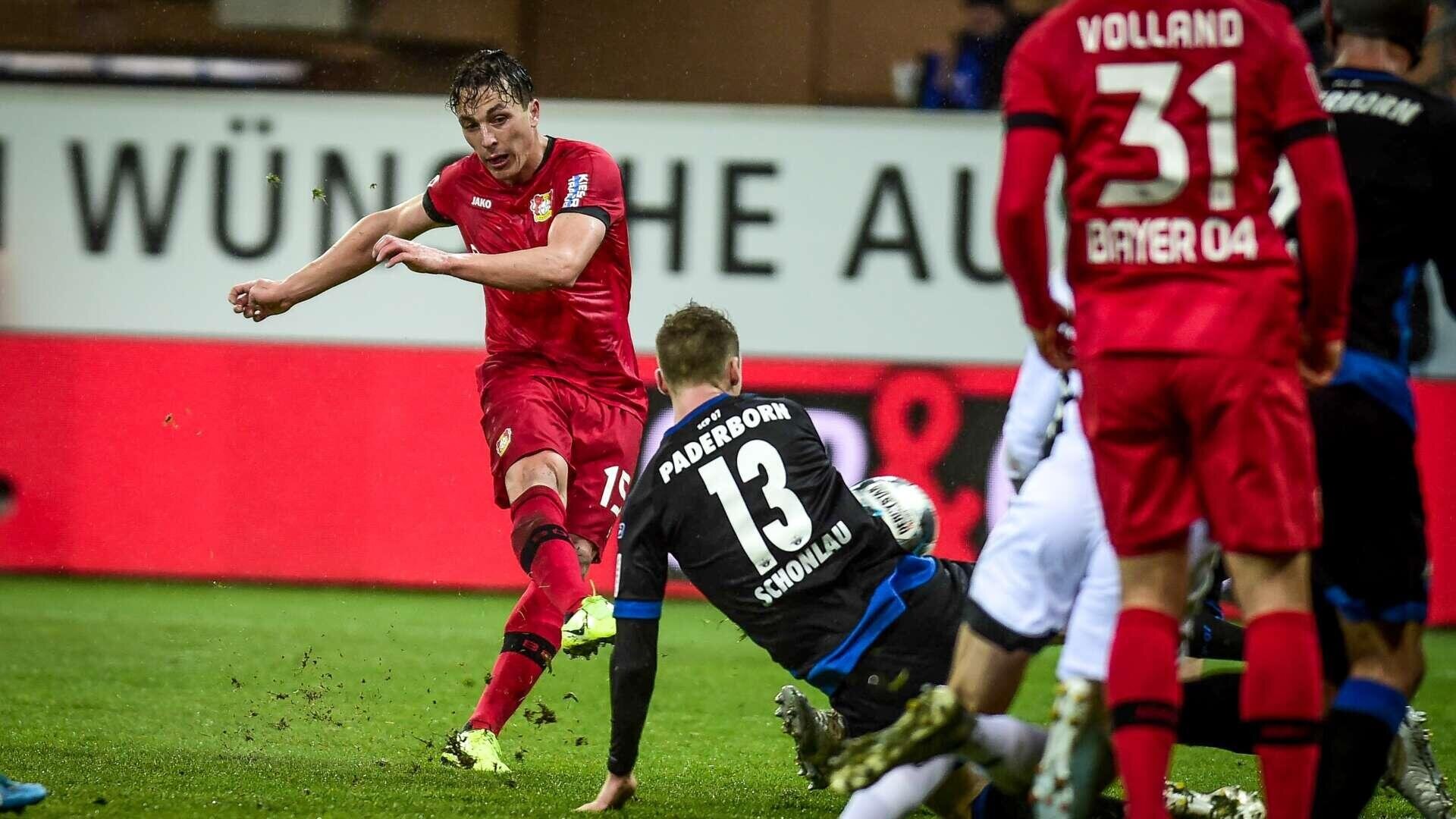
Goals of the month: From Cha to Baumgartlinger
In this video you can see impressive and important goals in Bayer 04 history from the month of January. It's not always about the beauty of the goals, but also a reminder of special games and players.
Show more